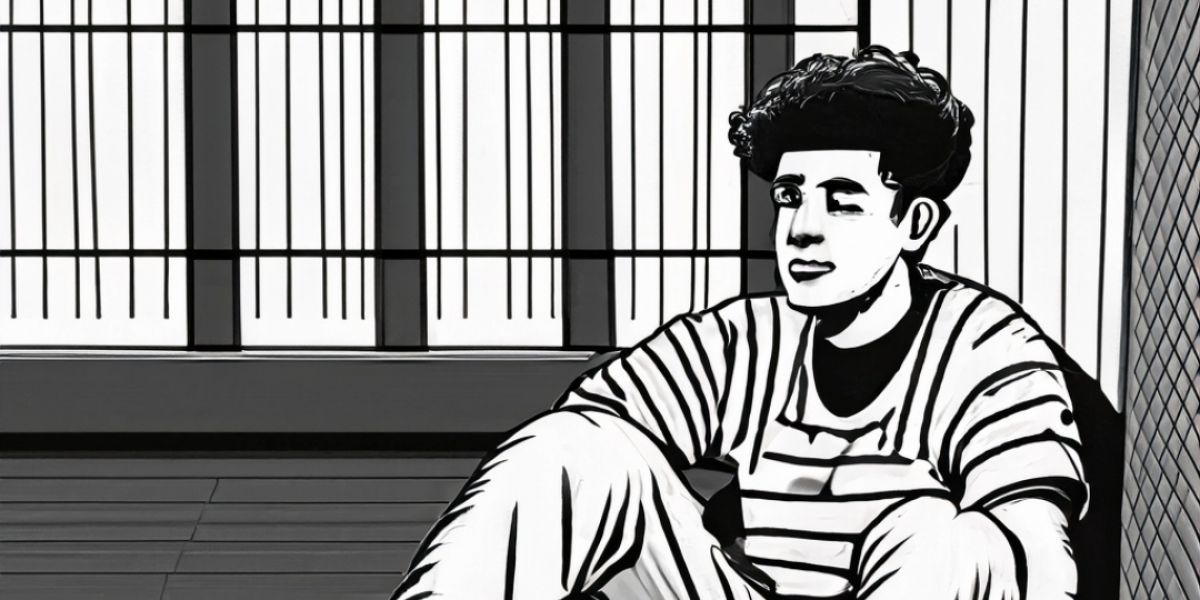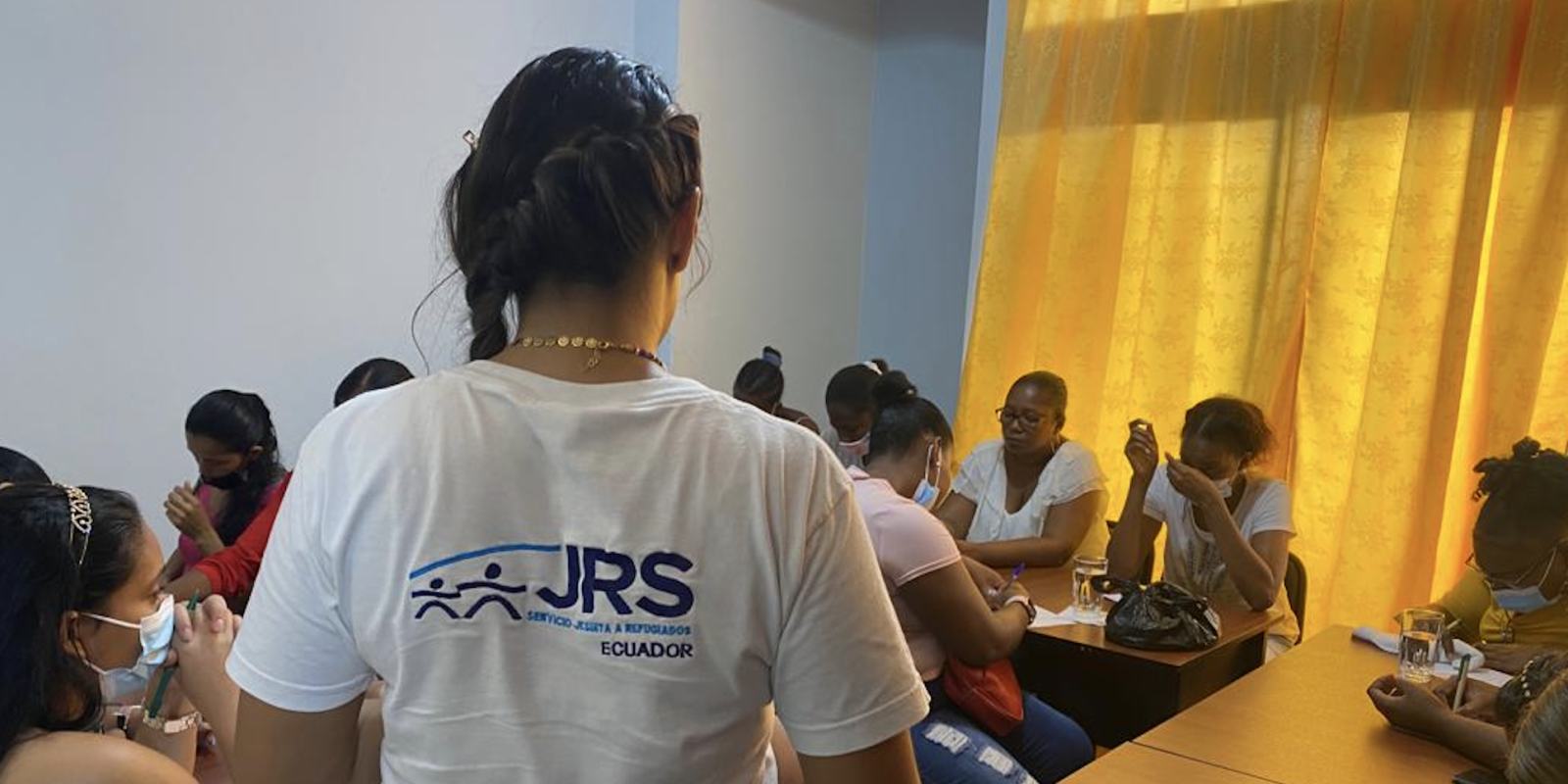Accompaniment in Spain Detention Centers
06 November 2023|Chloe Gunther

This story first appeared in JRS INSIDER, a monthly newsletter including stories of impact across JRS global.
Just as JRS/USA’s El Paso team works diligently to accompany migrants arriving at the U.S.-Mexico Border, JRS Europe country offices visit people in immigration detention centers across the continent.
“By exposing some of [what happens in detention], we hope to gain support in our call to end immigration detention,” JRS Europe wrote in a description about the program.
Of the seven detention centers in Spain, JRS is present in four, providing accompaniment, friendship, and legal assistance.
Daniel Martinez, the JRS Spain Communications Officer, said that nearly all of those who visit Spain’s Detention Centers are volunteers. In 2022, over 50 volunteers visited Spanish Detentions centers over 800 times.
The primary goal of JRS volunteers is to provide friendship and a listening ear throughout the complicated and difficult process.
“Most people stay in individual cells and have little to no opportunity to establish friendships or even just talk to others in the center,” he said.
Behind cement walls and no access to outside social networks, “volunteers create a pathway to the outside world,” Daniel said.
Migrants are not allowed regular access to phones, so the first questions volunteers usually ask are if the migrant’s family knows they are alive and if the individual has spoken with them.
If the answer is no, volunteers will often take the time to contact family members and relay such information especially since migrants are often held in detention centers hundreds, sometimes thousands, of miles from where their families are.
Daniel has observed two overall migrant situations: those who have arrived and within 1-2 days, were locked in a detention center and those who have lived irregularly in Spain for years, have built families and social networks, but have been caught without documents and put in detention.
Ahmed* is one of the thousands of asylum seekers detained in Madrid immediately after his boat docked from Algeria. He met with JRS a few months after he arrived and bravely shared his story.
Last year, he suffered an accident that left him in a coma for three days. He has dealt with residual neurological damage and problems including manic-depressive states, claustrophobia, panic attacks, and brief losses of consciousness.
He told the medical staff at the detention center about his symptoms but even after he showed them his prescription medication and documents to corroborate the information, they did not believe him.
Despite his continued discomfort and verbal requests for psychiatric assistance, Ahmed was not referred to a doctor or given access to his own records.
Ahmed fainted twice in the first days of detention.
Detention officers decided to administer sleeping pills to him without information regarding what the pills were or how they would affect him physically and emotionally.
Language barriers are also a major obstacle, Daniel noted. A wide variety of languages are spoken in the detention centers, yet all the documentation and interviews are conducted in Spanish. This leaves a lot of migrants, like Ahmed, unaware of their legal status or their futures.
“They do not know why they are there or where they will be going…some people did not even know they were getting deported from the country,” Daniel said.
During his conversations with JRS Spain staff and volunteers, Ahmed was visibly upset. He had trouble breathing, reported severe headaches, an excess of stress, claustrophobia, and an itchiness in his limbs.
He also shared that he was struggling with thoughts of suicide, he felt desperate due to the situation inside the center.
“Overwhelming loneliness also negatively impacts the mental health of people inside,” Daniel said. Ahmed felt unheard and misunderstood all while trying to cope with debilitating pain.
“The buildings are prisons,” Daniel said. But, unlike traditional prisons, there are not any opportunities for migrants to learn inside the prison, there are no classes, jobs, or social programs.
Following an altercation with detention officers, Ahmed tried to end his life. Officers at the Detention Center sent him to the hospital. Where he was referred to the psychiatric department. They released him the next day.
JRS Spain will continue to accompany Ahmed and hundreds of other migrants like him while advocating for a more humane and compassionate process. If you would like to read more of their reports, you can access “Detention Under the Spotlight” here.
*Name changed to protect anonymity.



